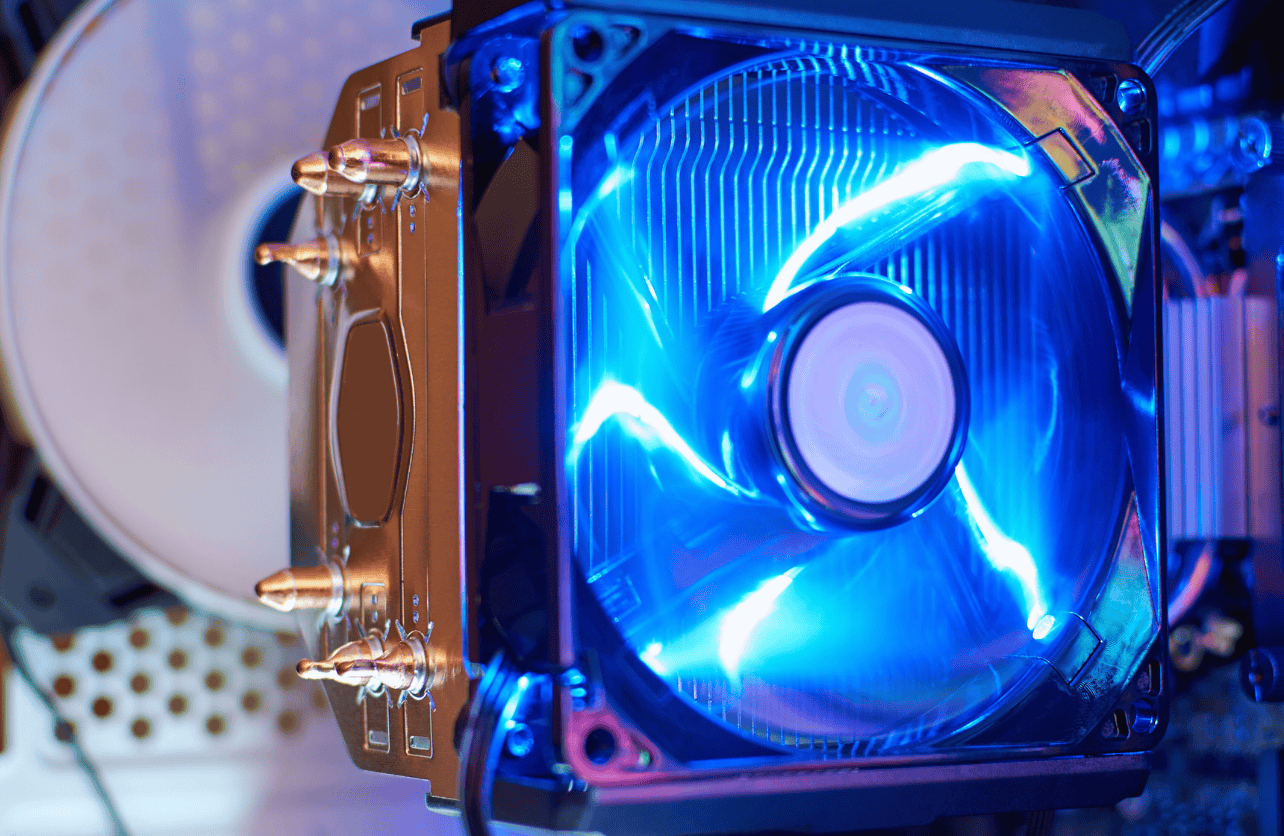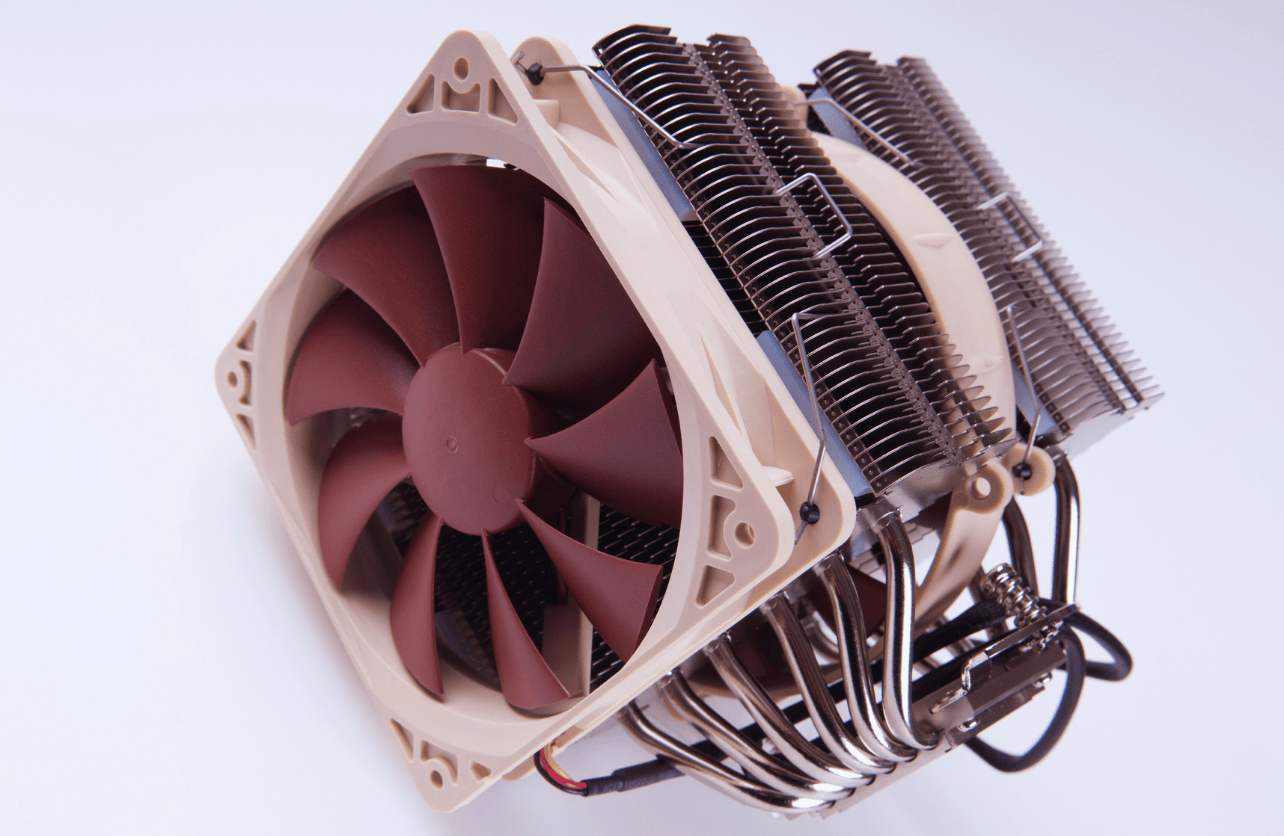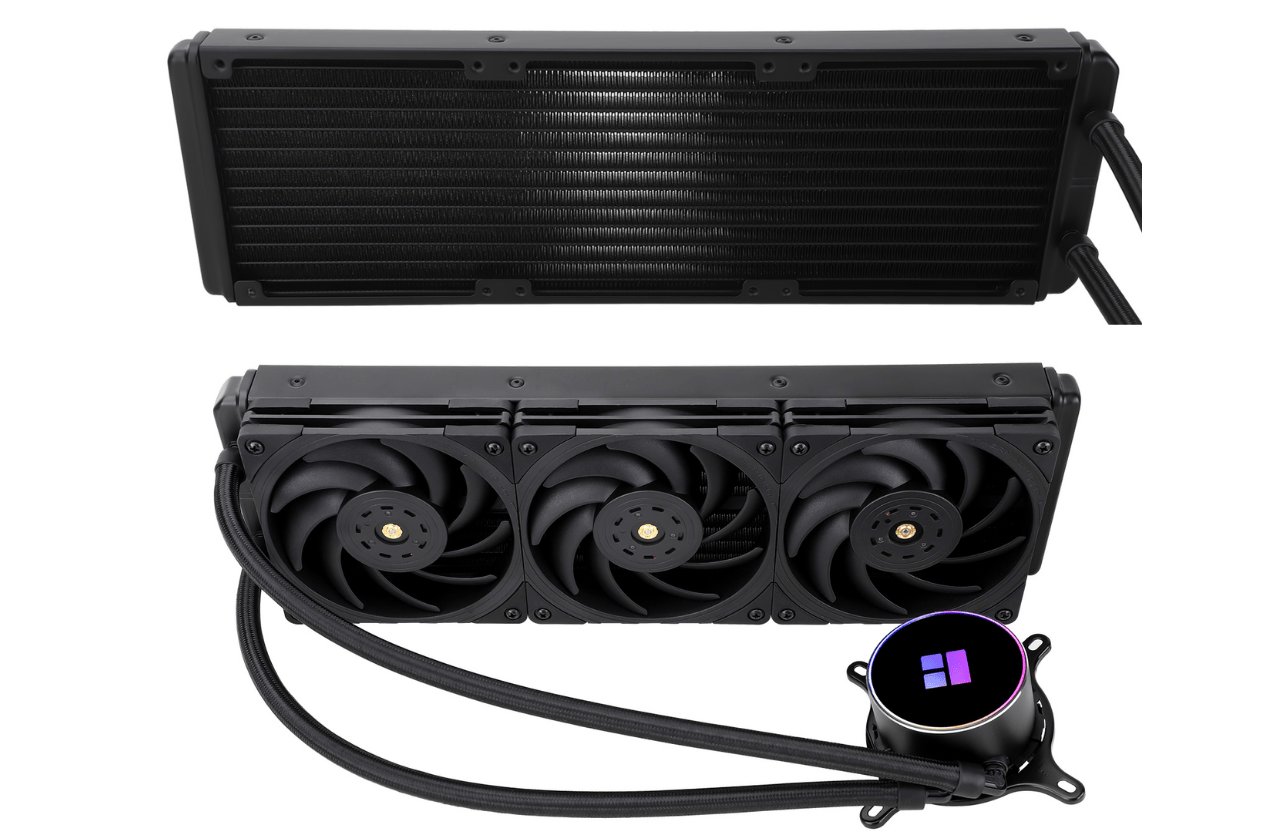Air Coolers vs. AIO Liquid Coolers: Which Is Better for Your PC Build?

When building or upgrading a PC, choosing the right cooling solution for your CPU is pretty important. A reliable cooler ensures stable performance, prevents overheating, and prolongs your system’s lifespan. Two popular options dominate the market: air coolers and all-in-one (AIO) liquid coolers. Each has unique advantages and considerations that cater to different needs, budgets, and aesthetics.
What Are Air Coolers?
Air coolers use a combination of a heatsink and one or more fans to dissipate heat away from the CPU. The heatsink absorbs heat from the CPU, and the fans blow it away from the heatsink into the surrounding environment.
Advantages of Air Coolers
- Cost-Effectiveness Air coolers are generally more affordable than AIO liquid coolers. This makes them ideal for budget-conscious builders who want reliable cooling without overspending.
- Ease of Installation With fewer components to manage, air coolers are simpler to install. You only need to secure the heatsink to the CPU and attach the fan(s) to the motherboard.
- Long-Term Reliability Air coolers have fewer points of failure compared to liquid coolers. Since they don’t rely on pumps or coolant, there’s no risk of leaks or pump failure, making them highly durable.
Considerations for Air Coolers
- Size and Compatibility High-performance air coolers can be bulky, potentially causing clearance issues with tall RAM modules or compact cases. It’s essential to check your case dimensions and component placement before choosing a large air cooler.
- Noise Levels Under heavy loads, air coolers can become noisy as their fans spin faster to dissipate more heat. Premium models with quieter fans can mitigate this issue but often come at a higher cost.
What Are AIO Liquid Coolers?
AIO liquid coolers use a closed-loop system that circulates coolant to transfer heat away from the CPU. The coolant absorbs heat from the CPU and carries it to the radiator, where fans expel the heat into the surrounding air.
Advantages of AIO Liquid Coolers
- Superior Cooling Performance AIO coolers often outperform air coolers in thermal performance, making them an excellent choice for overclocking or high-performance systems. The larger surface area of the radiator allows for more efficient heat dissipation.
- Sleek Aesthetics AIO coolers provide a clean and modern look, often featuring RGB lighting and customizable designs. They also free up space around the CPU socket, offering better clearance for RAM and other components.
- Potential for Quieter Operation AIO coolers can operate more quietly under load because their larger radiators require less aggressive fan speeds compared to air coolers. This makes them a good option for users who value silent performance.
Considerations for AIO Liquid Coolers
- Higher Cost AIO coolers are generally more expensive than air coolers. For budget builds, this price difference might not justify the performance gains.
- Complex Installation Installing an AIO cooler involves multiple components, such as the pump, tubes, and radiator. This can be more time-consuming and intimidating for beginners compared to installing an air cooler.
- Risk of Component Failure AIO coolers rely on pumps and liquid circulation, which introduces potential points of failure. While modern AIO designs minimize the risk of leaks, it’s still a possibility to consider.
Key Factors to Consider When Choosing a Cooler
- Budget If you’re building a PC on a tight budget, air coolers provide excellent value for money. They deliver reliable cooling at a fraction of the cost of AIO liquid coolers. However, if you’re willing to invest in a premium cooling solution, AIO coolers offer better thermal performance and aesthetics.
- Performance Needs For standard gaming and productivity tasks, air coolers are more than sufficient. But if you plan to overclock your CPU or run resource-intensive applications, an AIO liquid cooler is better equipped to handle the increased heat.
- Case and Component Compatibility Air coolers can be bulky, so ensure they fit your PC case and don’t interfere with other components like RAM or GPUs. On the other hand, AIO coolers require space for mounting the radiator, so check your case’s radiator support.
- Noise Tolerance If a quieter system is a priority, AIO liquid coolers are generally better at maintaining low noise levels under heavy loads. Air coolers, while reliable, may generate more noise during intensive tasks.
- Aesthetic Preferences For those who prioritize a clean, modern aesthetic, AIO liquid coolers often steal the show with their sleek designs and RGB lighting. Air coolers, while functional, may lack the visual appeal of AIO setups.
Which One Should You Choose?
Both air and AIO liquid coolers have their strengths and weaknesses. Here’s a quick summary to help you decide:
- Choose an Air Cooler If:
- You’re building a budget-friendly PC.
- Simplicity and reliability are your priorities.
- You don’t plan to overclock your CPU or run highly demanding tasks.
- Choose an AIO Liquid Cooler If:
- You want the best cooling performance for overclocking or high-end systems.
- A sleek, modern aesthetic with RGB lighting is important to you.
- You’re comfortable with a more complex installation process.
Final Thoughts
Both air coolers and AIO liquid coolers are excellent choices for keeping your CPU cool. The right option for you depends on your budget, performance needs, and personal preferences. Air coolers are reliable, cost-effective, and easy to install, making them great for most standard builds. AIO liquid coolers, while more expensive, offer superior thermal performance, quieter operation, and a visually appealing design.
No matter which option you choose, investing in a quality cooler ensures that your CPU stays cool and performs at its best, extending the lifespan of your PC.
Your Trust, Our Core Commitment
At Rising Tech, earning and maintaining your trust is the cornerstone of our mission. We're dedicated to transparency, impartiality, and the relentless pursuit of truth in every article, review, and recommendation we publish. Our commitment to these principles ensures that you, our valued reader, are always equipped with reliable and unbiased information. Let us be your trusted guide in the ever-evolving world of technology.

